
Self-care is an essential aspect of maintaining overall well-being in today's fast-paced world. Balneotherapy, a therapeutic practice involving the use of water and its minerals, presents a holistic approach to self-care. Contrary to the conventional notion that a bath is just a routine cleaning ritual, the integration of balneotherapy and bath relaxation addresses not only physical wellness but also mental and emotional health.
In this in-depth guide, we'll discuss the benefits of balneotherapy for self-care, techniques to create a relaxing bath experience, and how Efforest.com's products can help elevate your bathing sessions.
The History and Science of Balneotherapy
Balneotherapy has a long-standing history dating back to ancient times, with diverse cultures adopting various forms of immersing oneself in water to foster well-being. Today, the practice of balneotherapy encompasses multiple techniques, ranging from soaking in natural hot springs or cold-water baths to using mineral-rich water and essential oils.
Modern research exploring the effects of balneotherapy suggests numerous health benefits, such as reduced inflammation, improved circulation, and relief from joint and muscle pain. Studies also indicate that balneotherapy can significantly reduce stress, depression, and anxiety, making it an excellent tool for mental health and overall self-care.
Benefits of Balneotherapy for Your Body and Mind
Relieves Muscle Aches and Joint Discomfort
One significant benefit of balneotherapy is its effectiveness in alleviating muscle aches and joint discomfort. Warm water immersion increases blood flow to stiff joints and sore muscles, reducing inflammation and promoting natural healing. In addition, the buoyancy effect of water reduces the weight-bearing strain on joints, allowing for gentle and pain-free mobility.
Encourages Relaxation and Reduces Stress
Balneotherapy's warmth and calming effect have proven essential in promoting relaxation and reducing stress. Immersion in a warm bath helps lower cortisol levels, the body's primary stress hormone, leading to improved mood and mental health. Additionally, incorporating essential oils, such as lavender or chamomile, further enhances the relaxation experience and aids in reducing stress.
Improves Sleep Quality
Regular balneotherapy sessions can improve sleep quality. The gradual increase in body temperature followed by post-bath cooling leads to an increase in melatonin production, the hormone responsible for regulating sleep patterns. As a result, a warm, relaxing bath before bedtime can contribute to more restful and rejuvenating sleep.
Fosters Spiritual and Emotional Well-Being
In addition to its physical health benefits, balneotherapy also fosters spiritual and emotional well-being. Incorporating mindfulness and meditation techniques into your bathing routine encourages introspection and personal growth—all while creating an immersive, peaceful atmosphere.
Enhancing Your Bath Experience: Bath Relaxation Techniques and Efforest.com Products
To make the most of your balneotherapy sessions, consider incorporating the following bath relaxation techniques and utilizing Efforest's premium products designed for ultimate comfort.
Create a Serene Atmosphere
Transform your bathroom into a sanctuary for relaxation by decluttering the space, dimming the lights, and introducing calming scents. Light some candles and play soothing music or nature sounds to enhance the atmosphere further.
Creating a luxurious spa experience in your bathtub offers more tips on setting up a calming ambiance in your bathroom.
Choose the Right Bath Temperature
Water temperature plays a significant role in maximizing balneotherapy benefits. For most people, a bath temperature between 92°F and 100°F (33°C to 38°C) is ideal for relaxation, muscle relief, and improved circulation.
The ultimate relaxing bath experience: transform your tub into a haven provides a comprehensive guide on selecting the perfect bath temperature.
Use Mineral-Rich Products
Bath salts and other mineral-rich products can enhance the therapeutic potential of your bath sessions. Epsom salts, magnesium flakes, and essential oils are popular choices to promote relaxation, soothe muscle discomfort, and provide an invigorating sensory experience.
Opt for a Comfortable Bath Pillow
Investing in a high-quality bath pillow ensures proper support for your head and neck during your balneotherapy sessions. Efforest's bath pillow collection not only delivers unparalleled comfort but also promotes relaxation and stress relief.
Practice Bath Meditation and Mindfulness
Take time to incorporate breathing exercises, meditation, and visualizations to maximize the healing potential of your balneotherapy sessions. Practicing mindfulness and fostering an intimate connection with yourself enhances the overall self-care experience.
Learn more about mindfulness during bath time in Using bath time for mindfulness practices.
Conclusion
Balneotherapy is an effective and holistic approach to self-care, offering numerous physical and mental health benefits. By incorporating the right techniques and bath relaxation products from Efforest.com, you can create a rejuvenating and soothing bath experience to improve your overall well-being. Embrace the healing power of water and treat yourself to the ultimate self-care experience with balneotherapy.
Frequently Asked Questions
What does balneotherapy help with?
Balneotherapy helps with various physical and mental health concerns, such as:
- Relieving muscle aches and joint discomfort
- Encouraging relaxation and reducing stress
- Improving sleep quality
- Fostering spiritual and emotional well-being
- Promoting overall health and well-being
In some cases, balneotherapy has also been used to help manage specific conditions like psoriasis, arthritis, and fibromyalgia. However, it's essential to consult with a healthcare professional before using balneotherapy to address specific health concerns.
What is an example of a balneotherapy?
An example of balneotherapy is a warm bath infused with Epsom salts and essential oils like lavender or eucalyptus. This type of bath promotes relaxation, soothes muscle aches, and helps alleviate stress. Another example is soaking in a mineral-rich hot spring, which may help improve circulation, reduce inflammation, and promote overall skin health.
What is the difference between balneotherapy and hydrotherapy?
While both balneotherapy and hydrotherapy involve the therapeutic use of water, there are some key differences:
- Balneotherapy typically focuses on the healing properties of mineral-rich waters, such as those found in hot springs or added through bath products like salts and essential oils. Balneotherapy is more geared toward relaxation, stress relief, and improving overall well-being.
- Hydrotherapy encompasses a wider range of treatments, including warm or cold water baths, whirlpool baths, and aquatic exercises for rehabilitation purposes. Hydrotherapy often targets specific physical issues, such as injuries, post-operative recovery, or chronic conditions like arthritis.
Ultimately, both balneotherapy and hydrotherapy can be beneficial for physical and mental health, but they serve slightly different purposes and techniques.
What is balneotherapy in psoriasis?
Balneotherapy in psoriasis refers to using mineral-rich water and bathing techniques to help alleviate the symptoms of the skin condition. Many people with psoriasis find relief by soaking in water containing minerals and trace elements known for their anti-inflammatory and soothing properties. For example, the Dead Sea is famous for its high mineral content and has been a popular destination for psoriasis treatment. In addition to natural sources, balneotherapy for psoriasis can also be performed at home using bath products containing mineral-rich salts, oils, and other additives.
It's important to note that balneotherapy is not a cure for psoriasis; instead, it is a complementary treatment option that may provide additional relief alongside conventional medical therapies. Always consult with a healthcare professional before starting any new treatment for psoriasis or other health conditions.


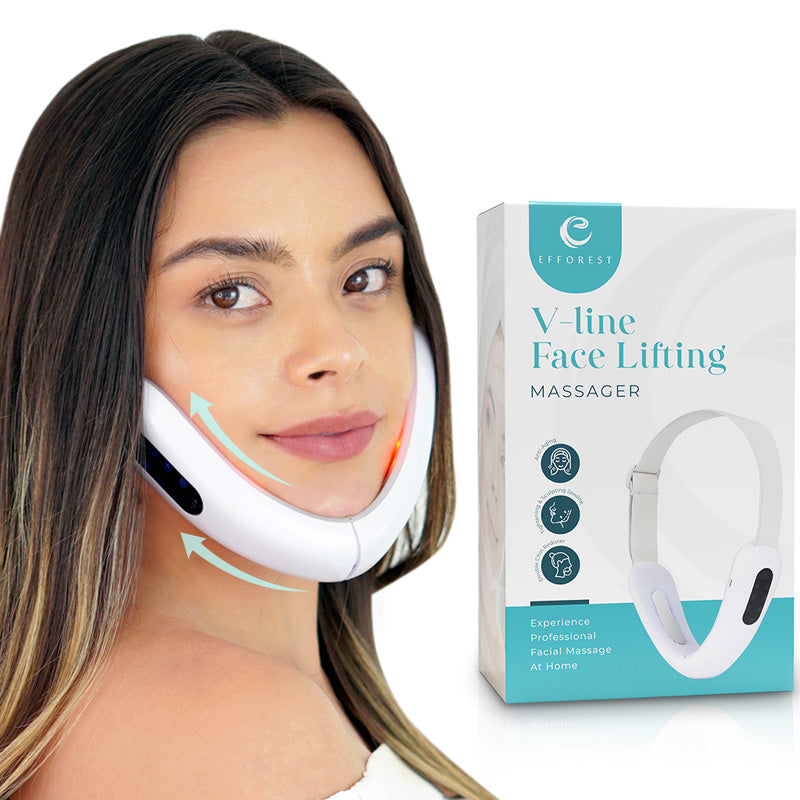



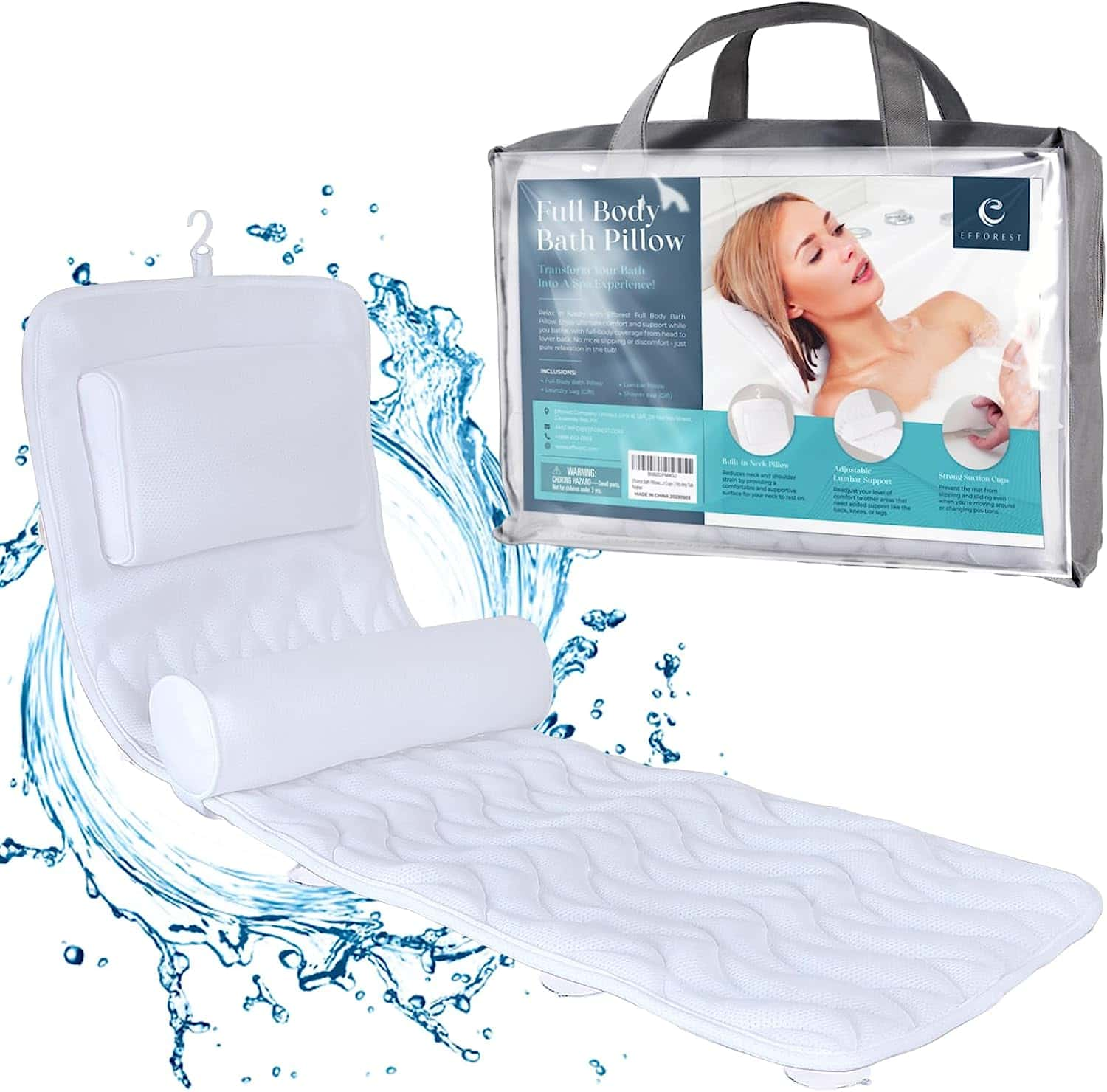
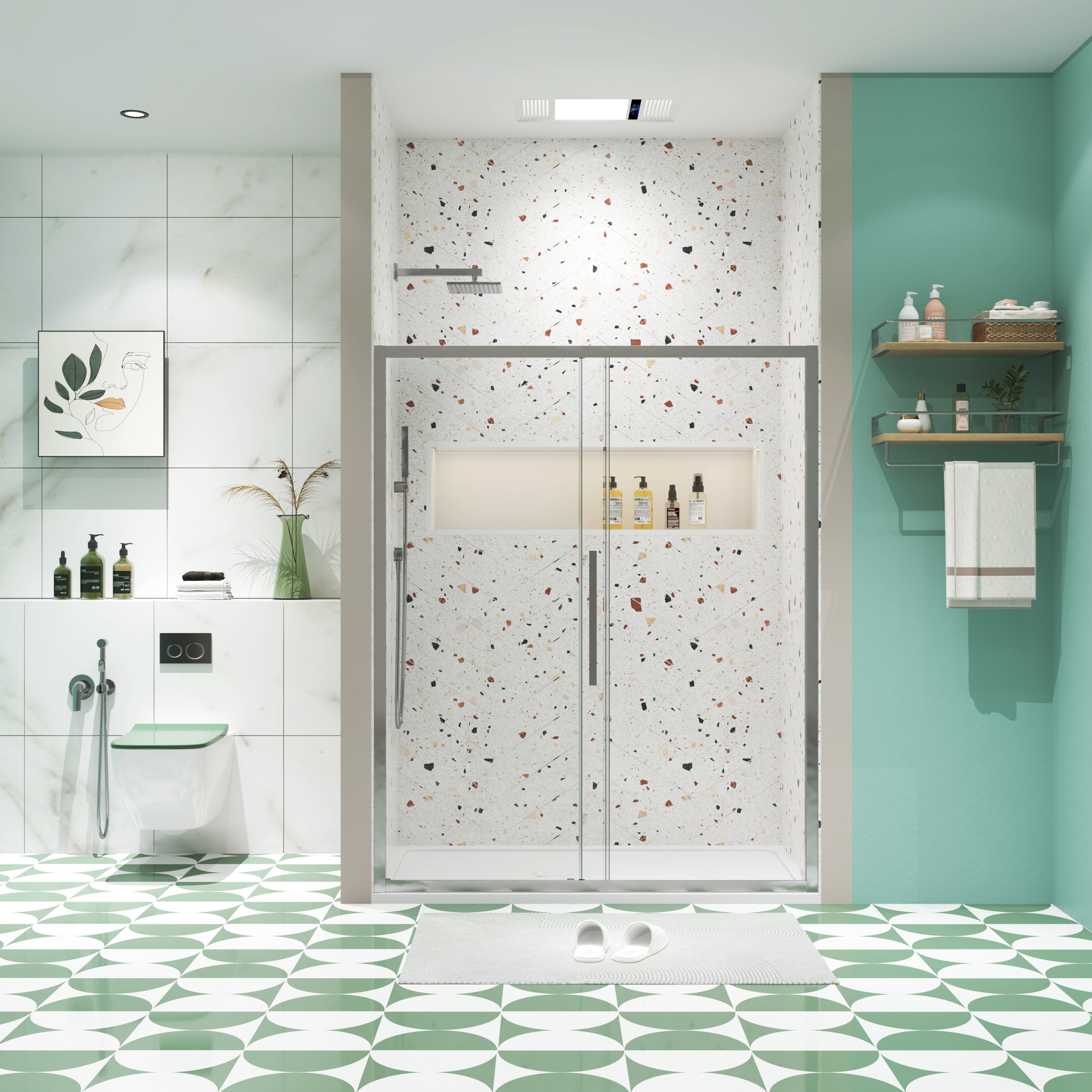

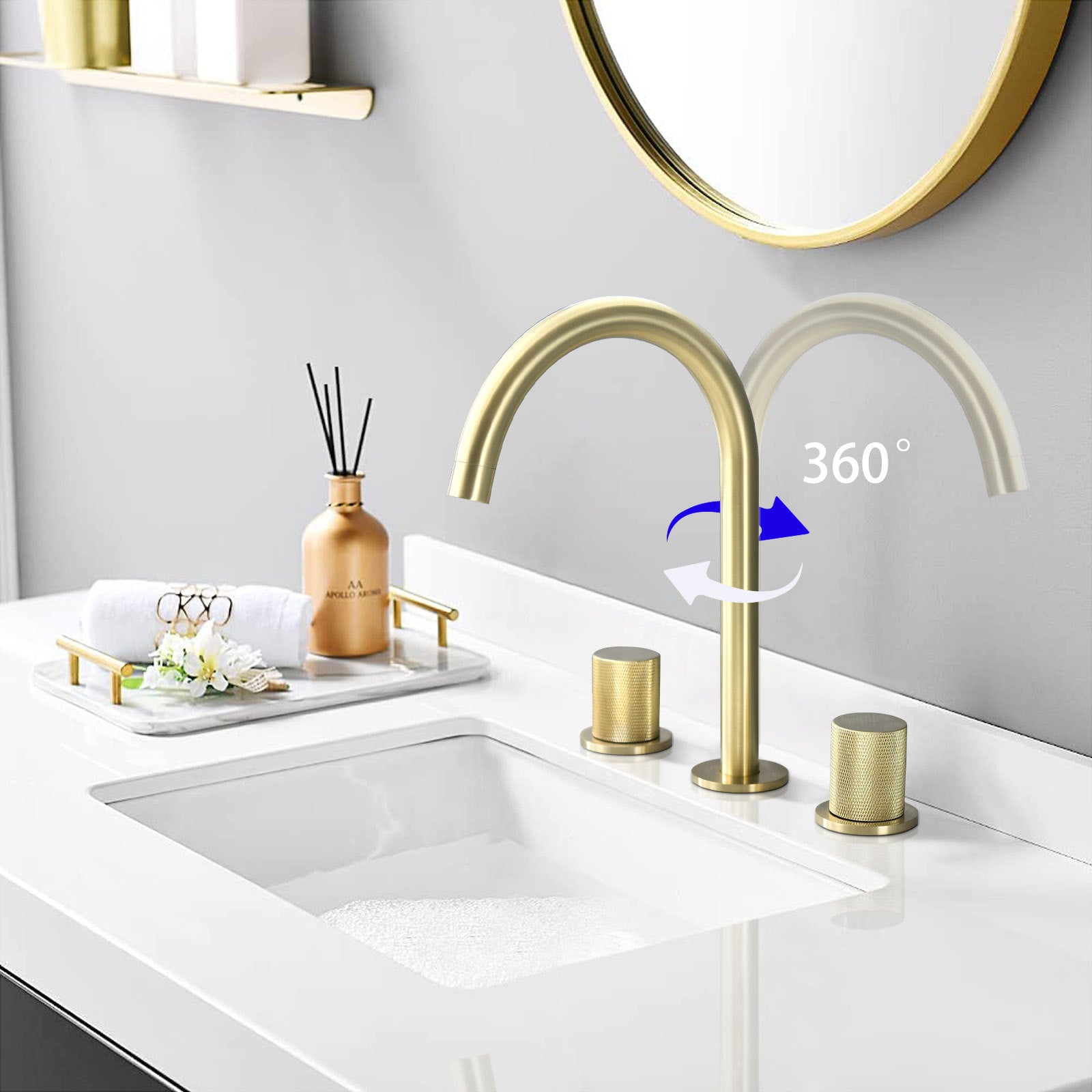
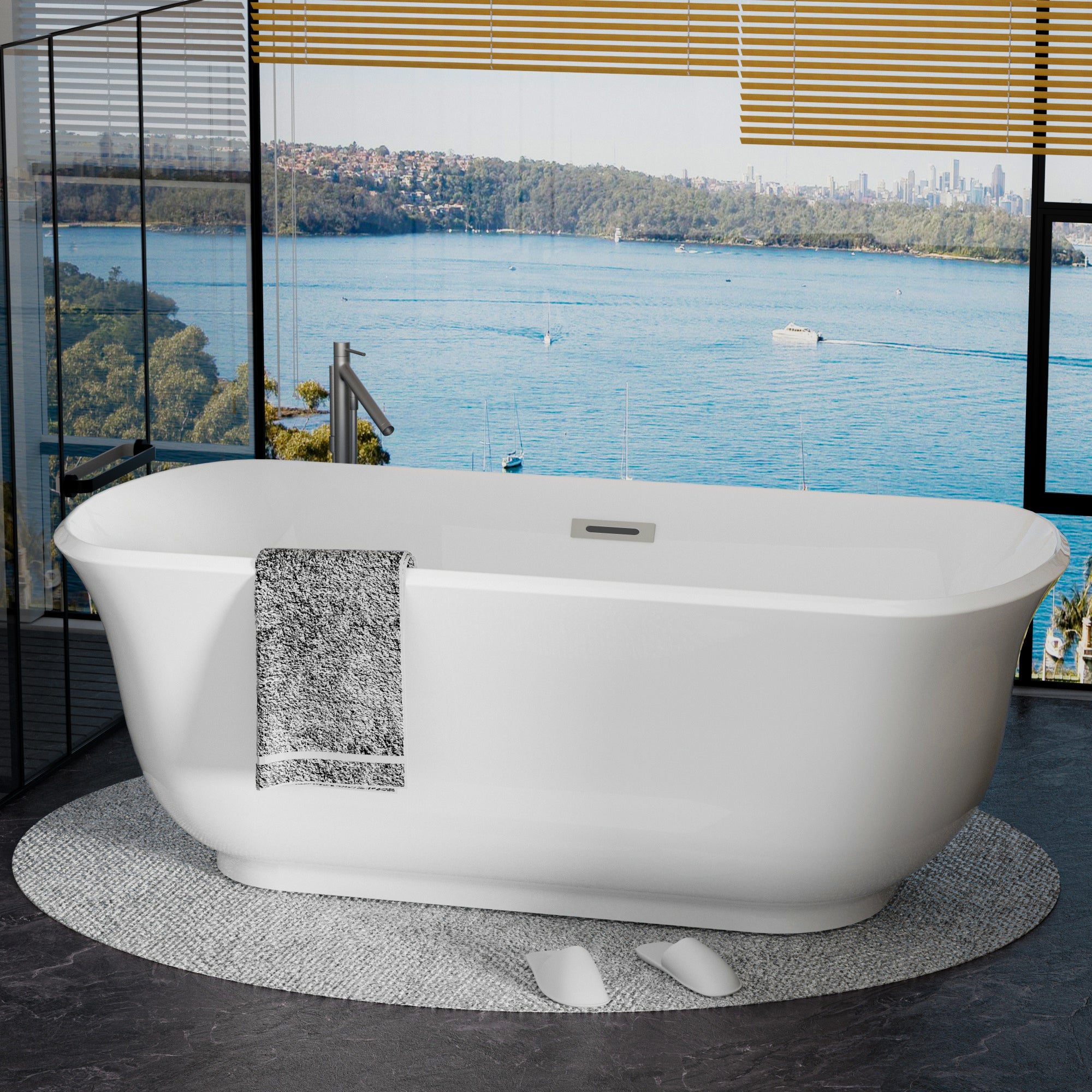
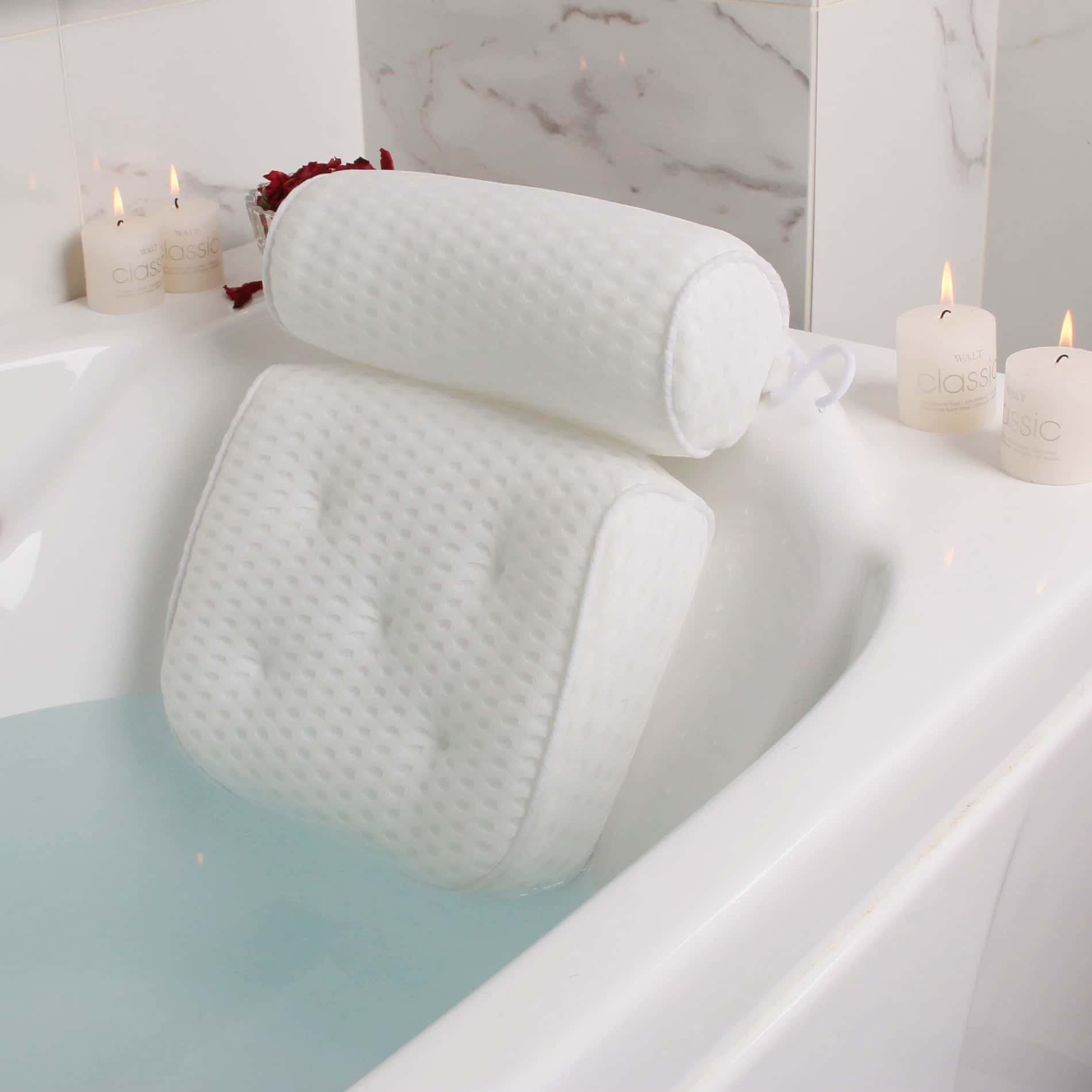
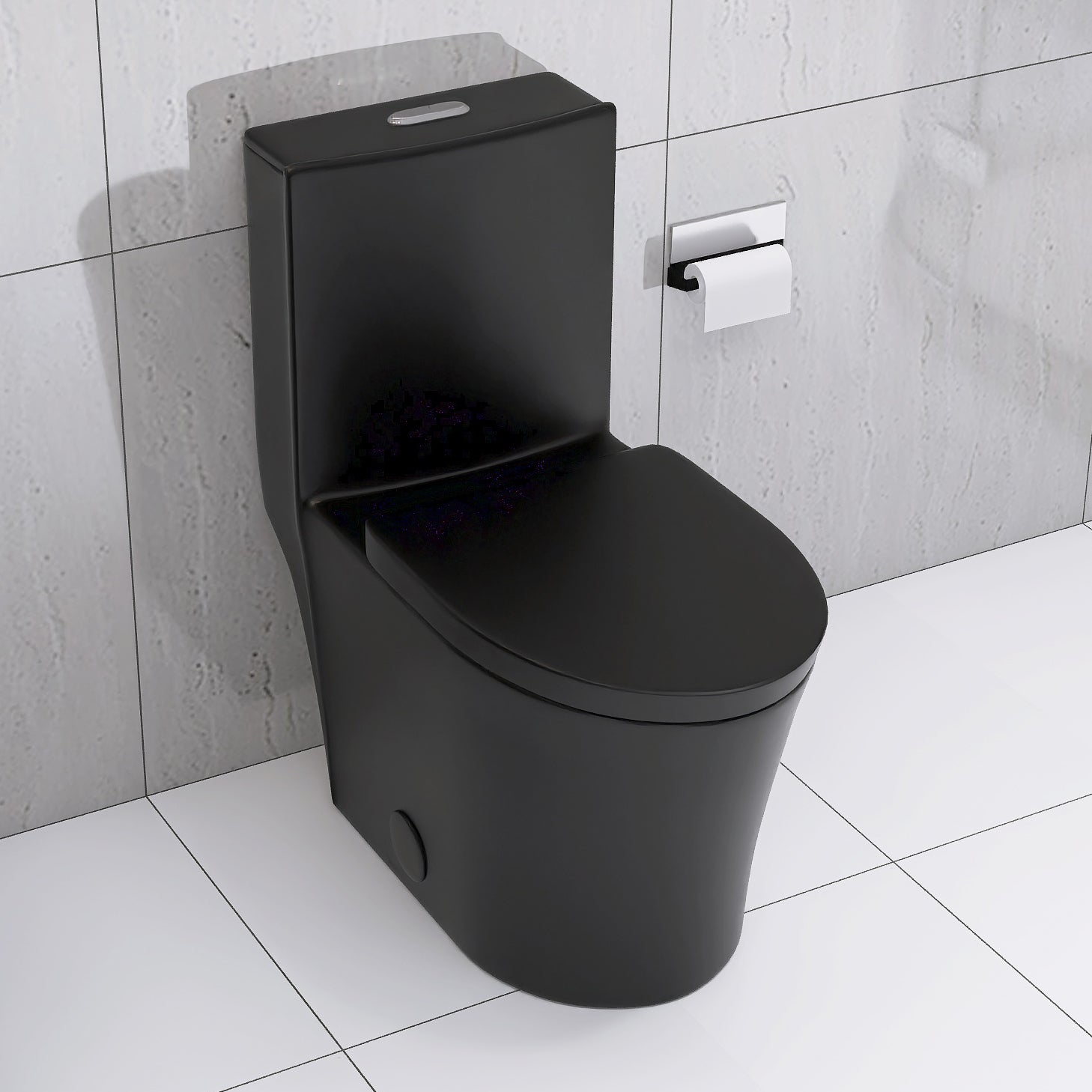

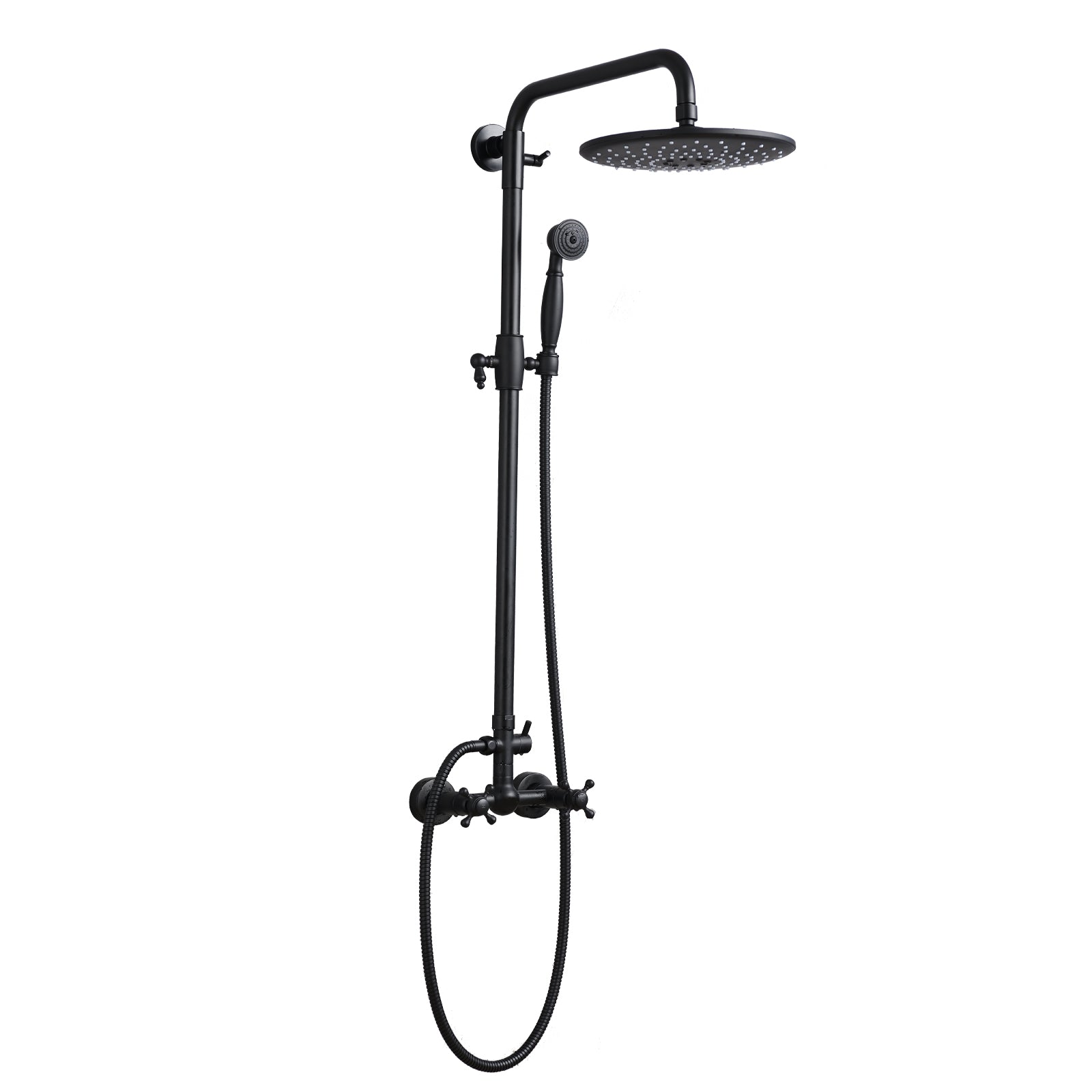











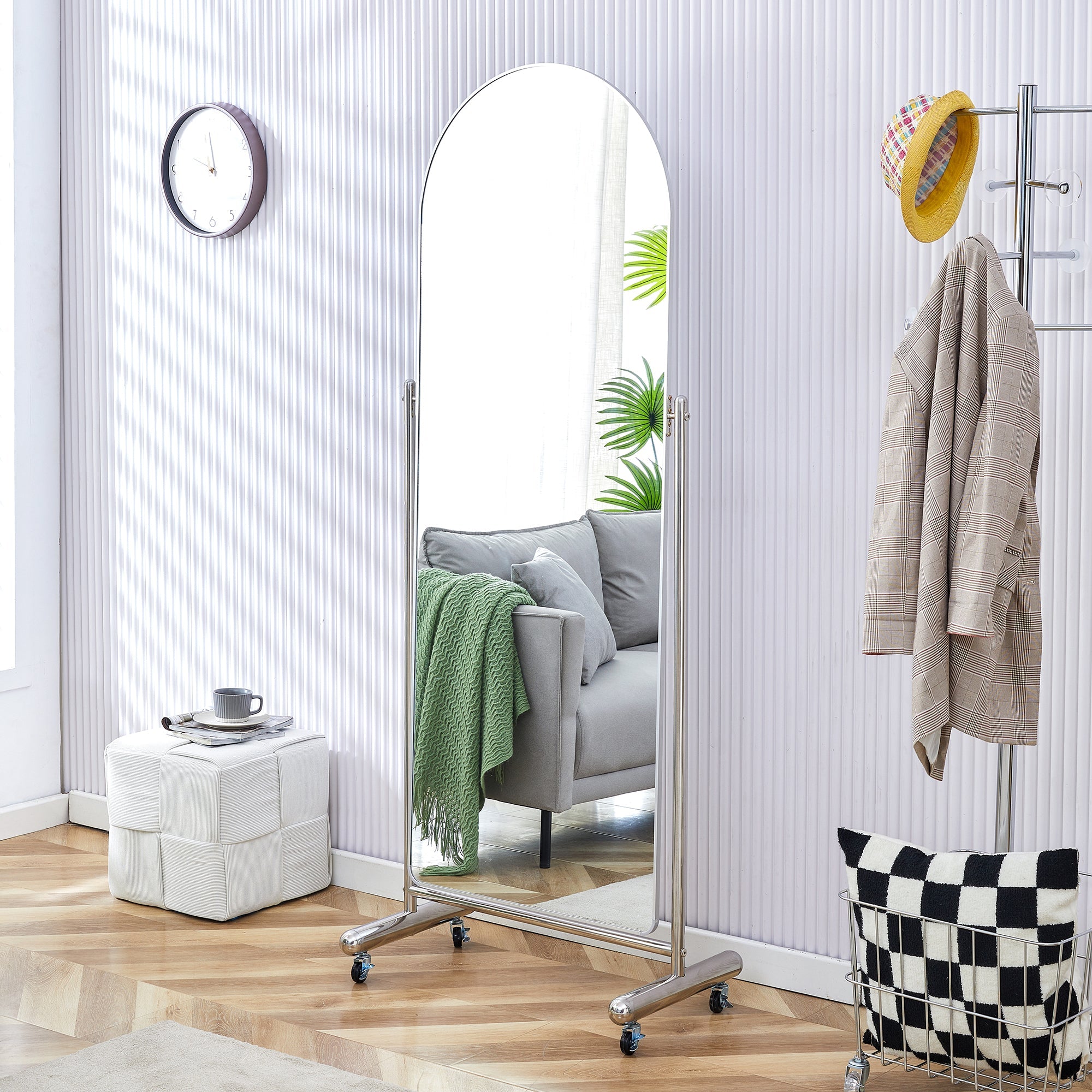




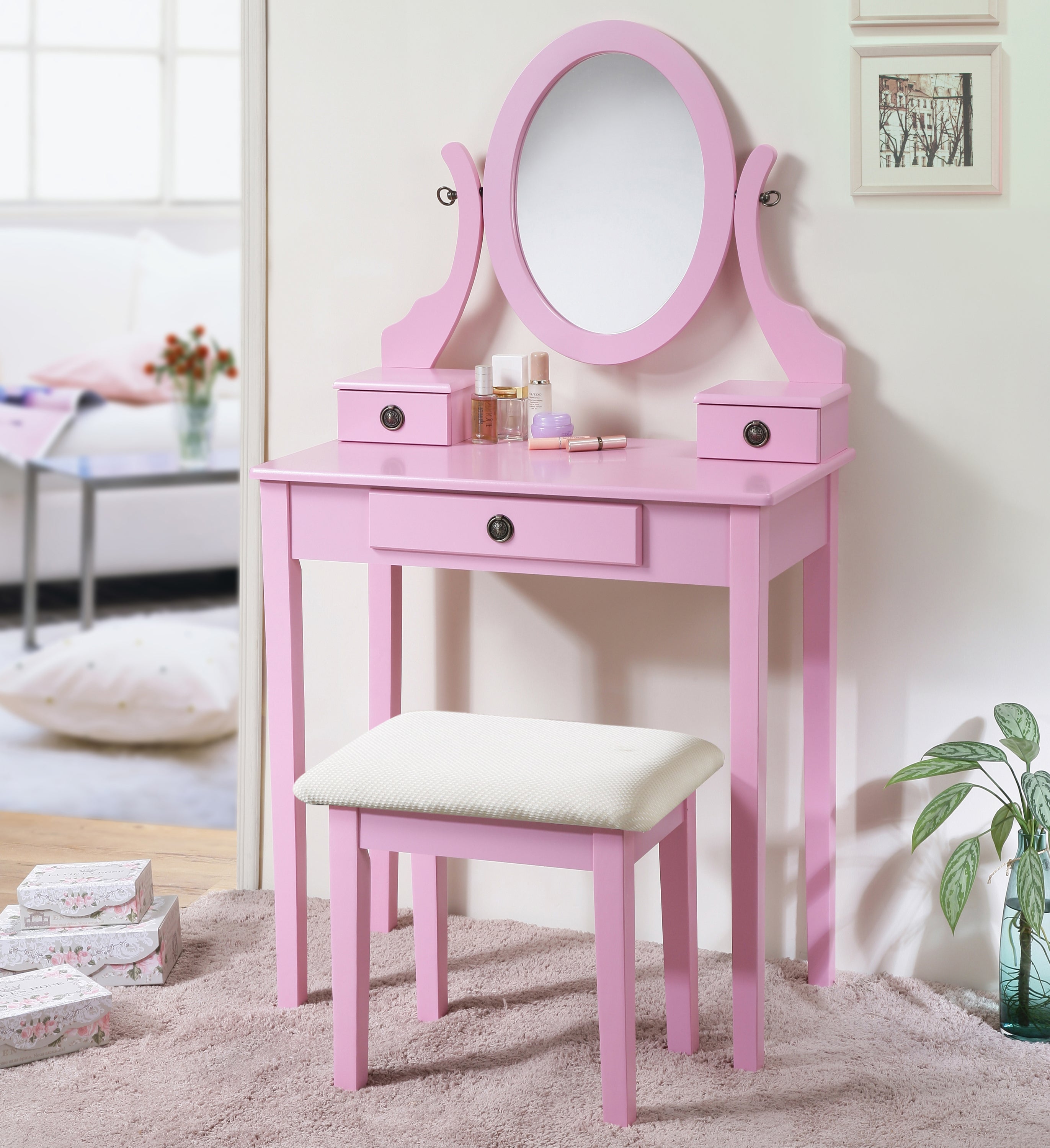

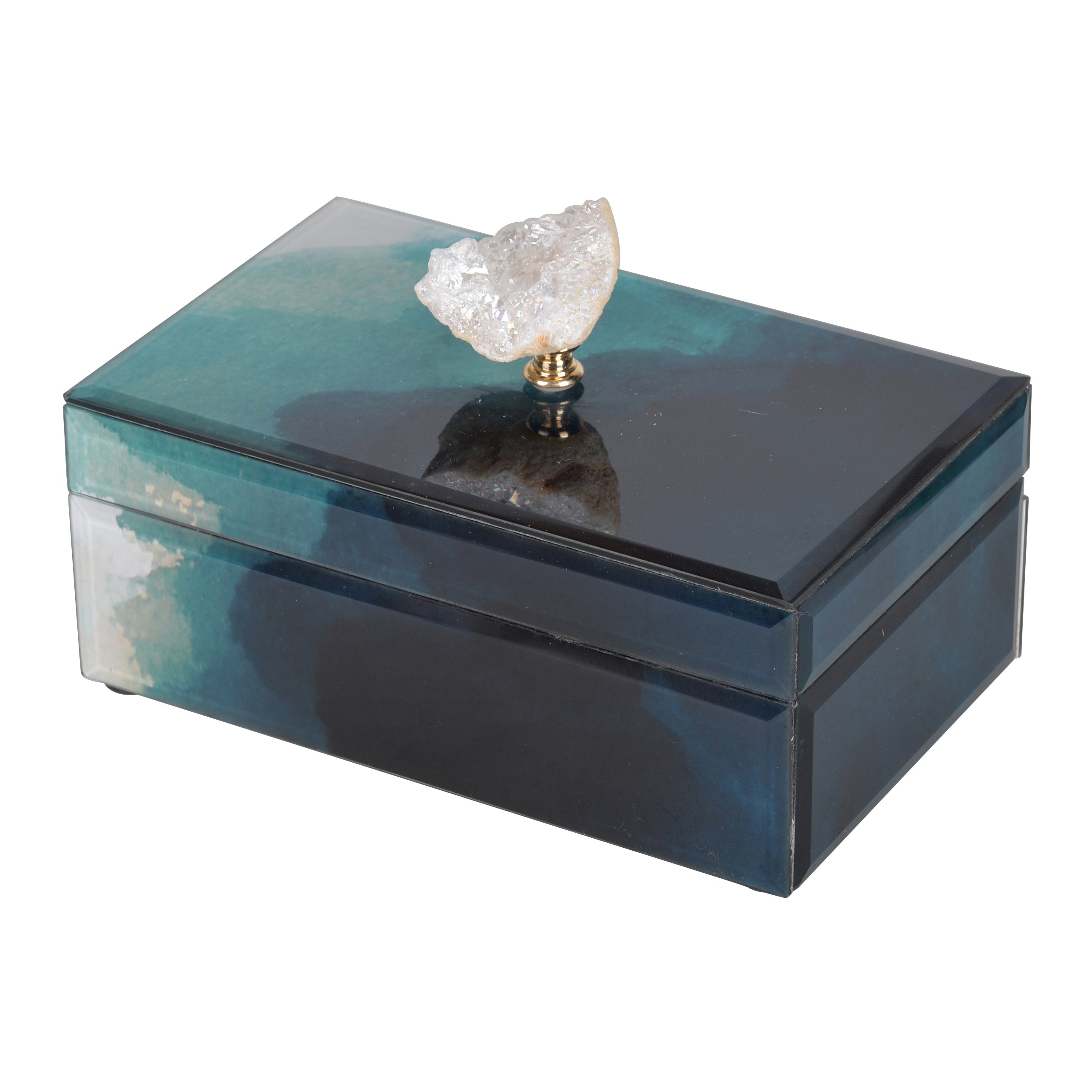

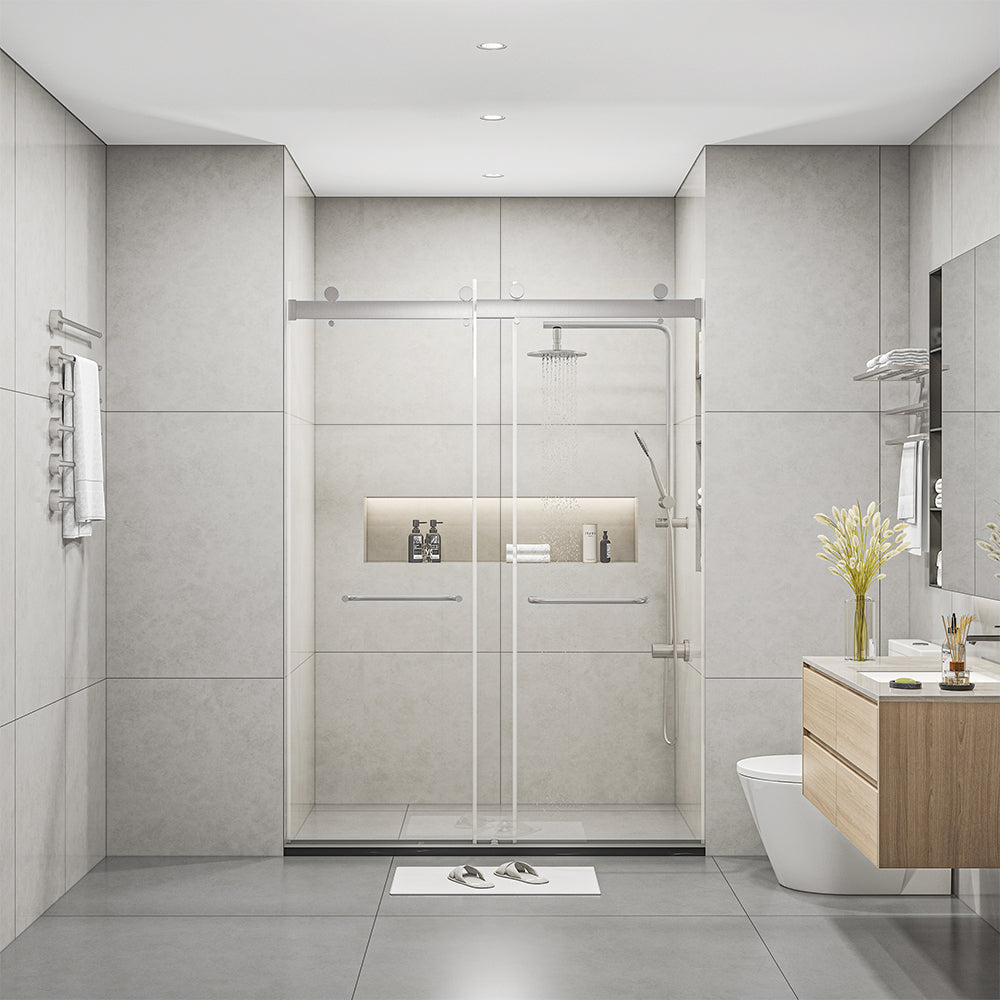
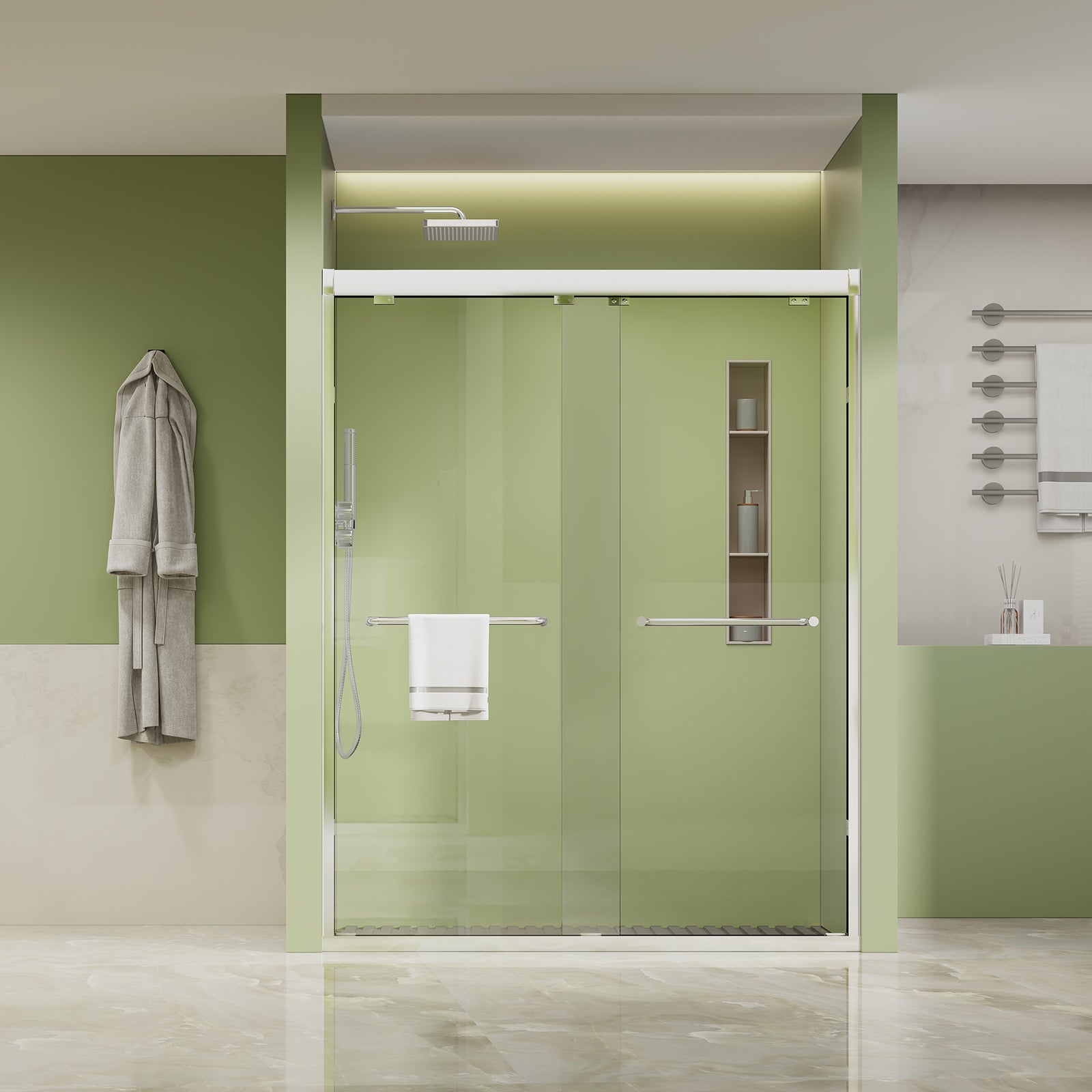
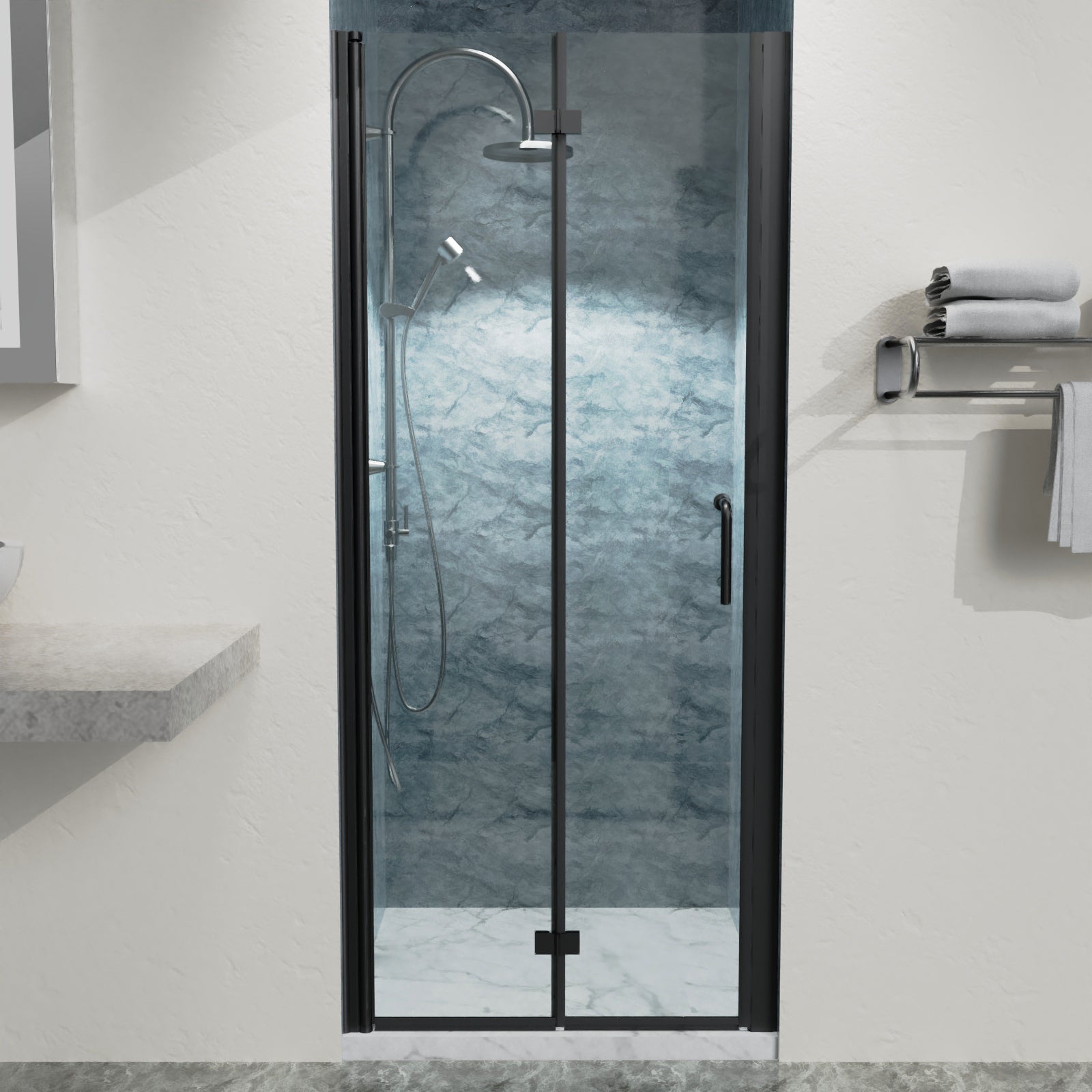
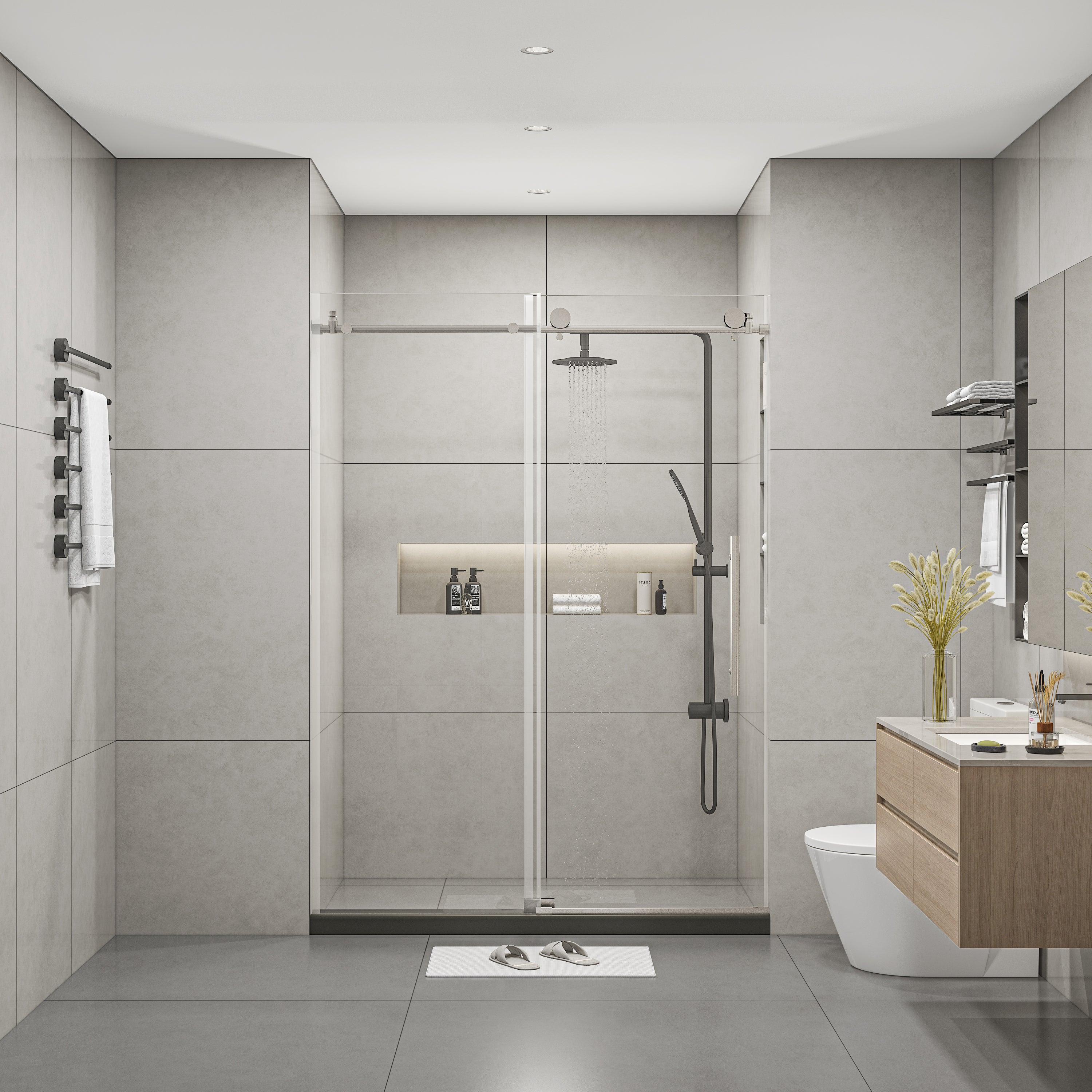



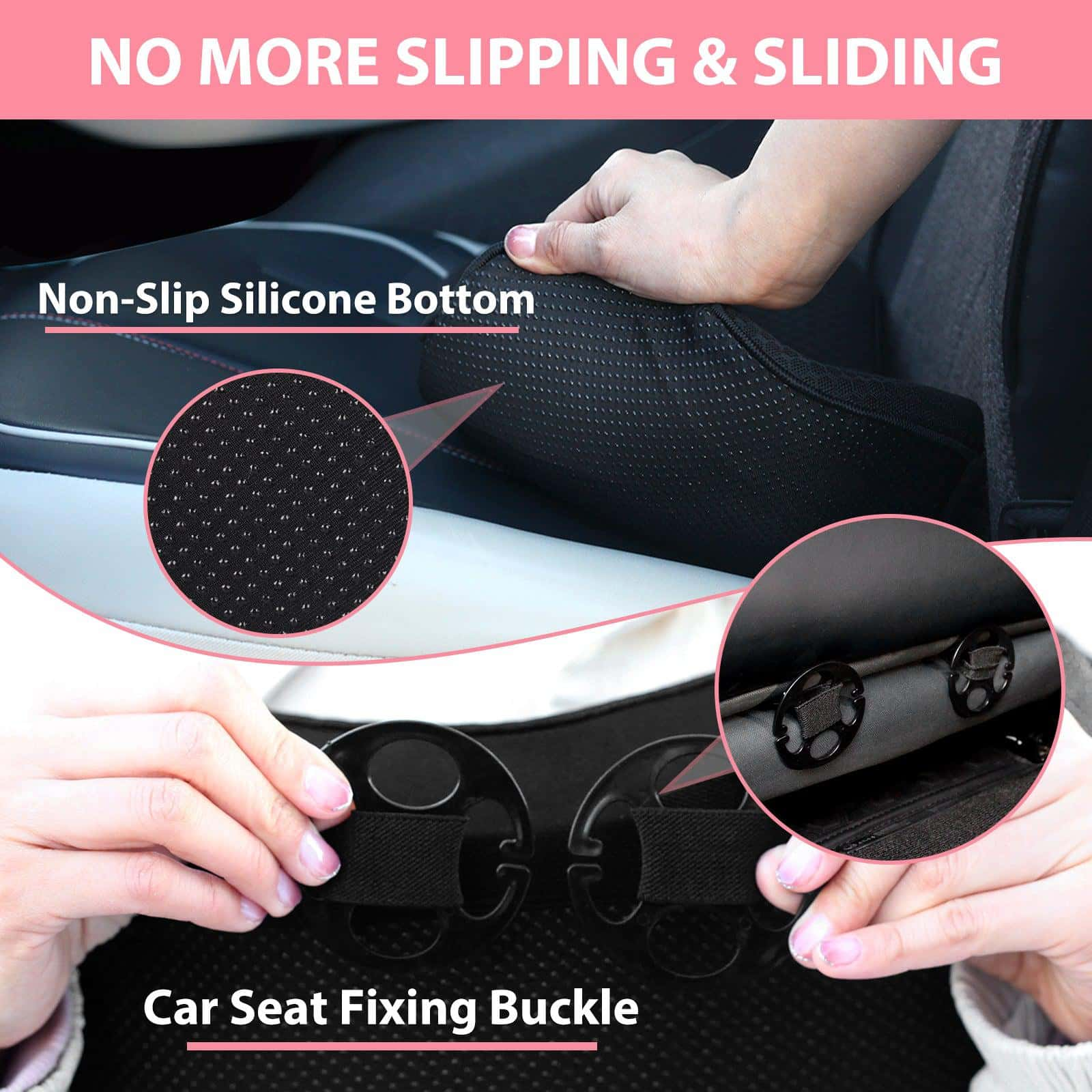

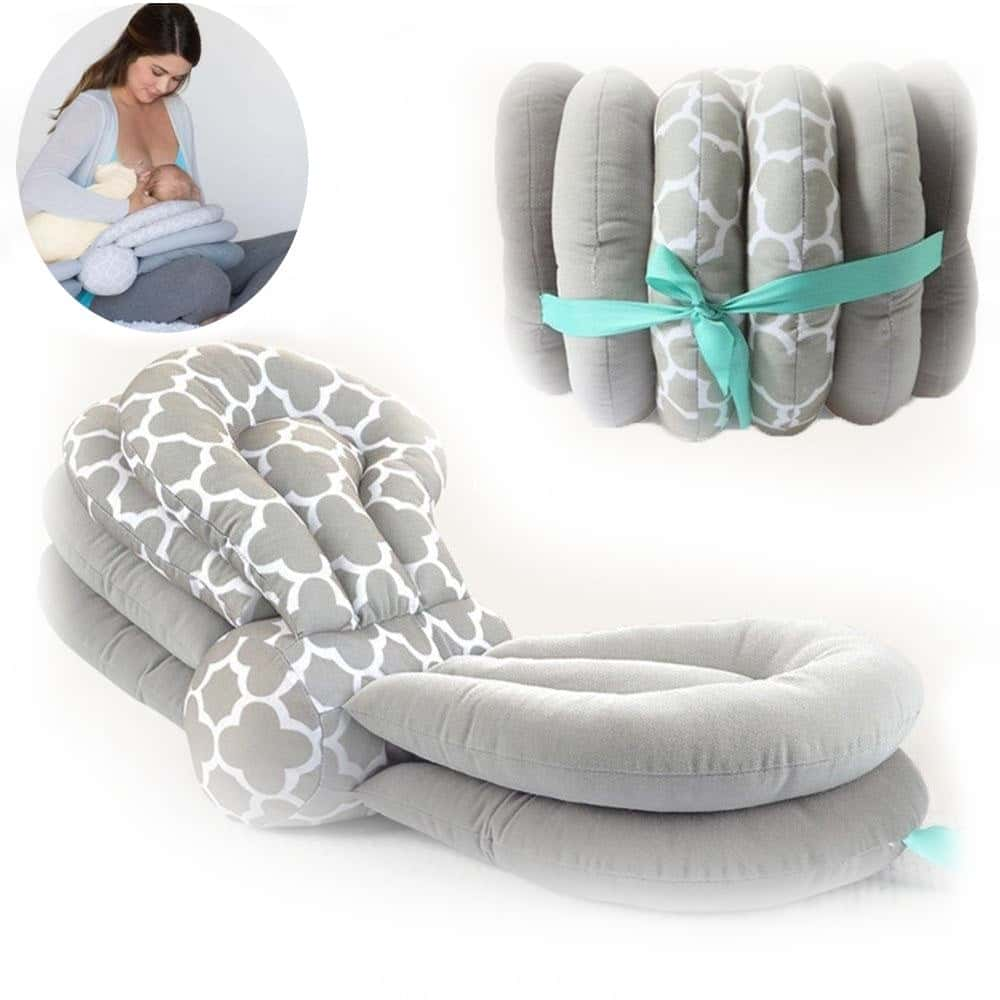


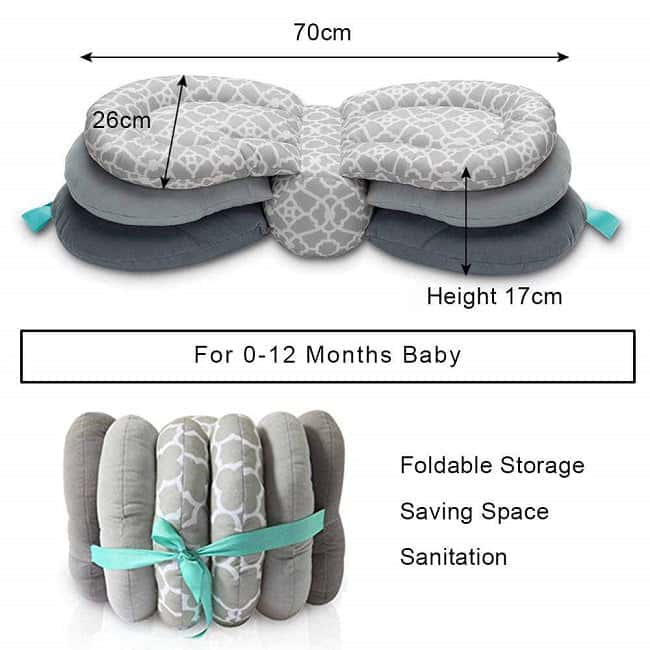

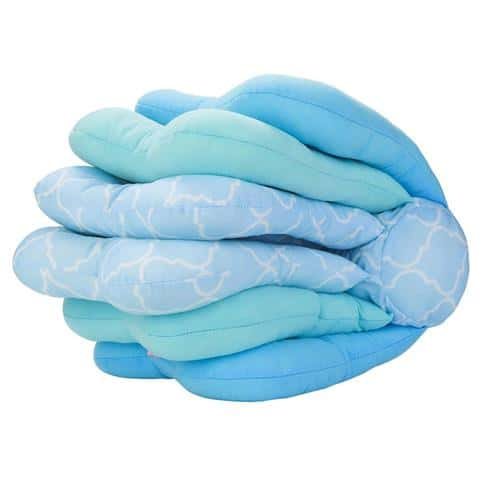
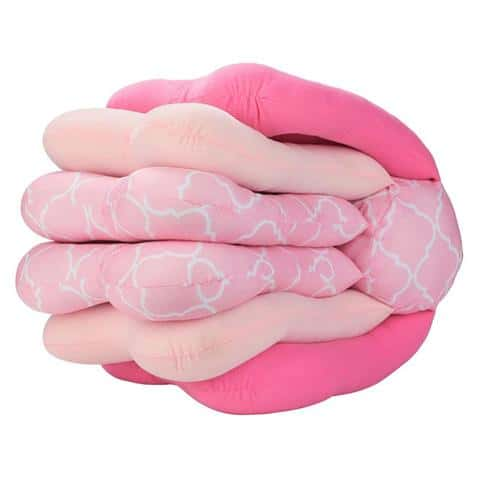



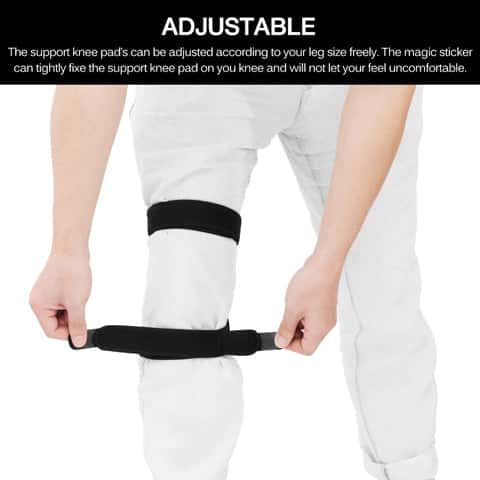


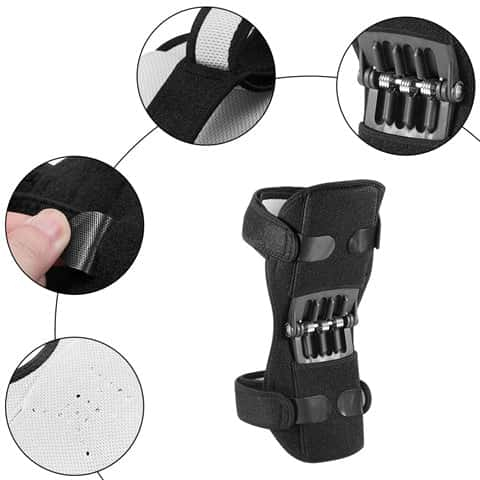

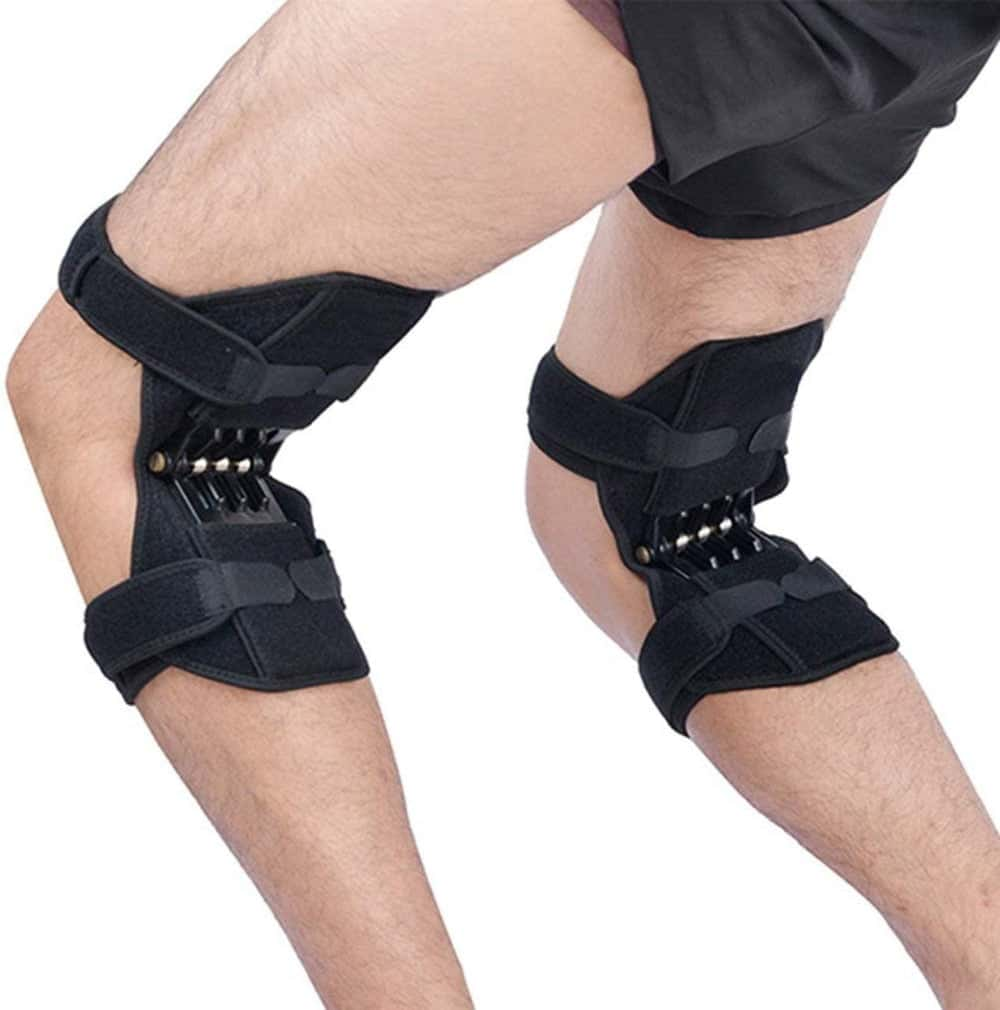

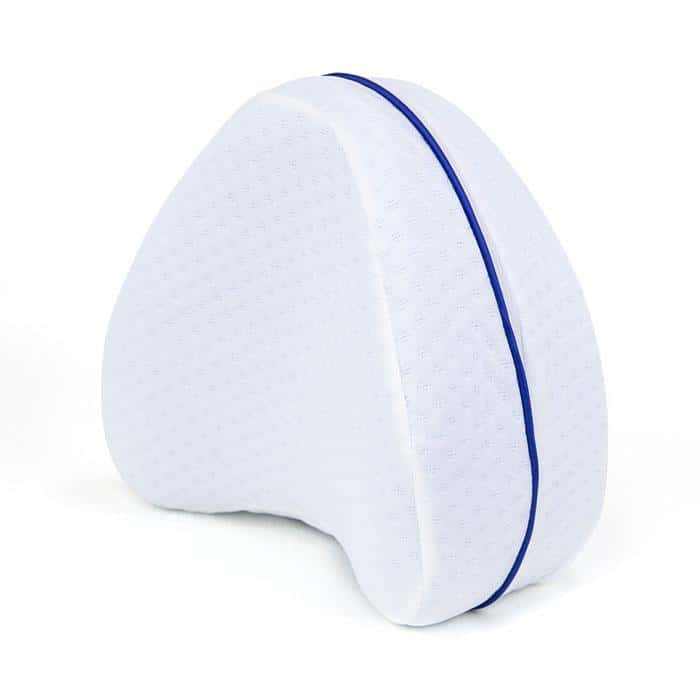
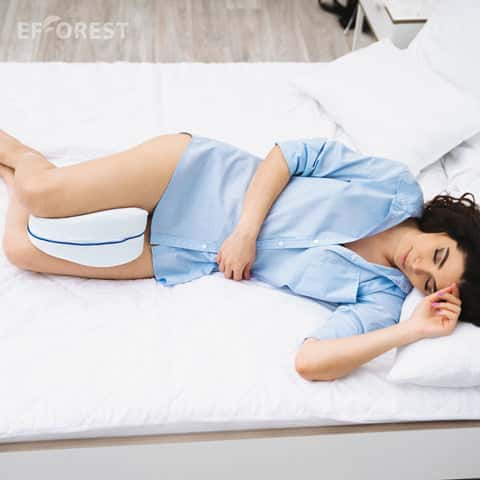
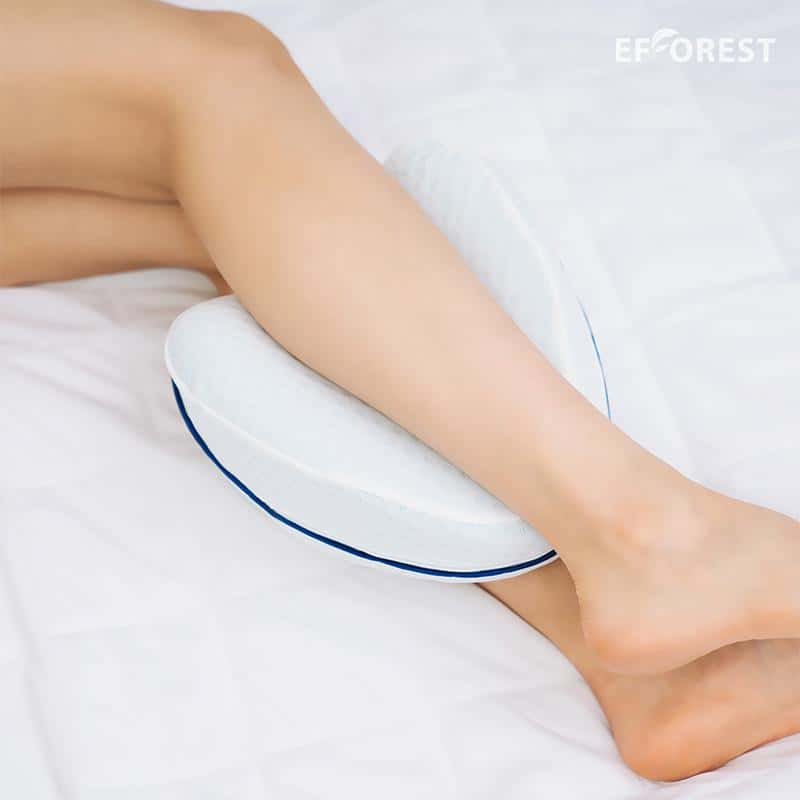
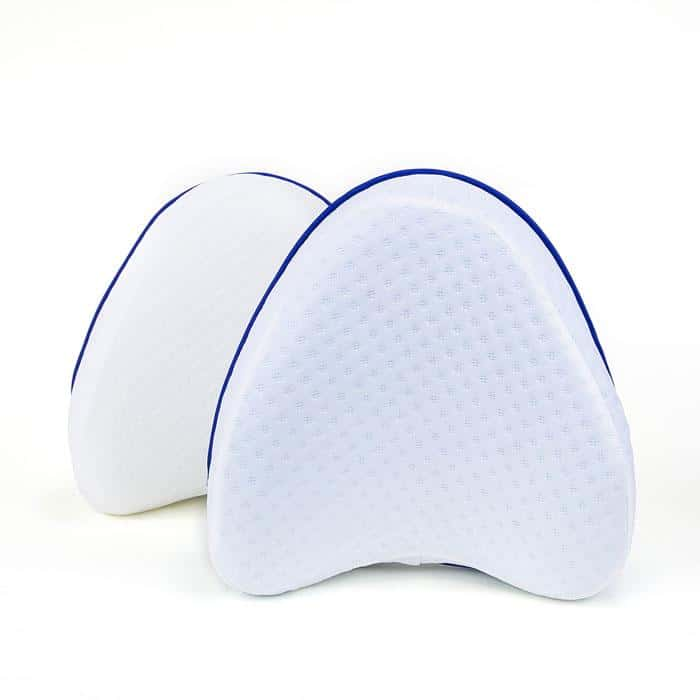
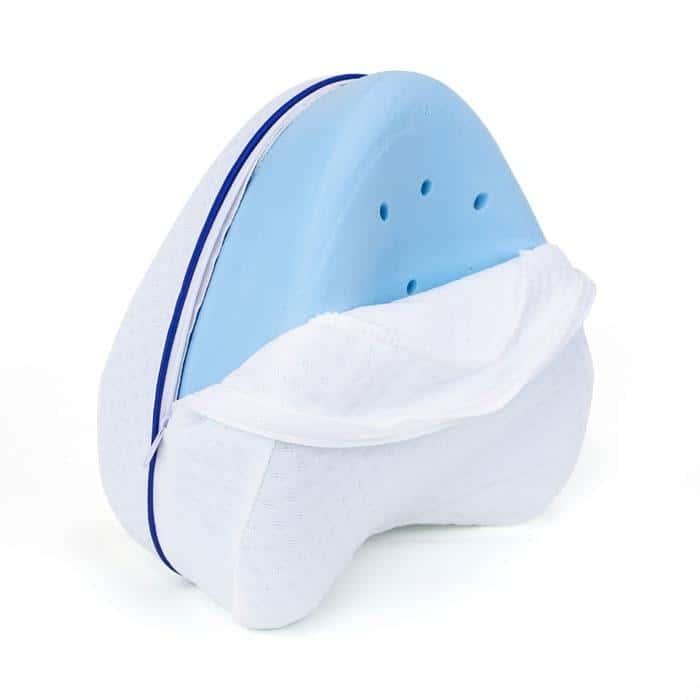
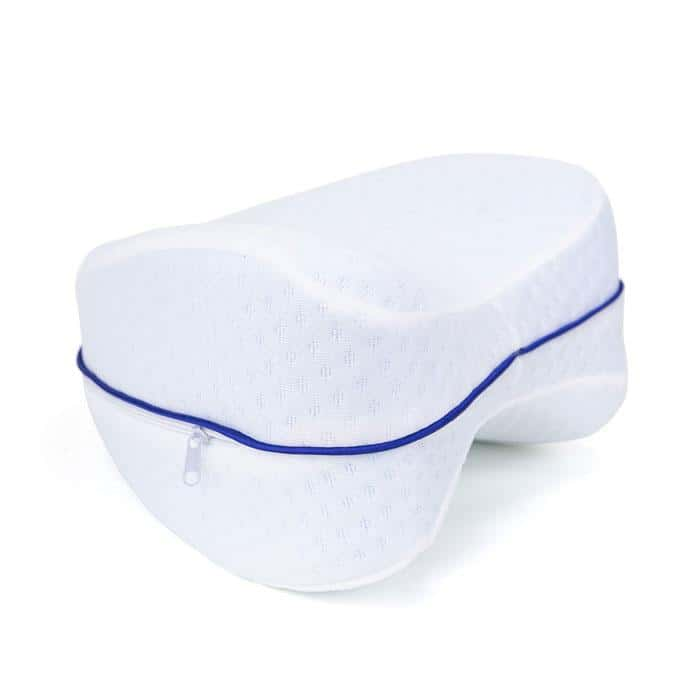

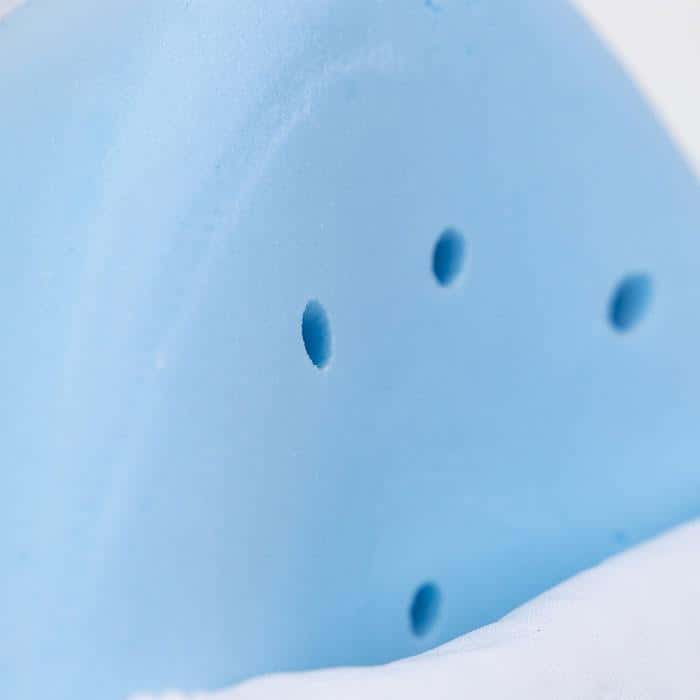

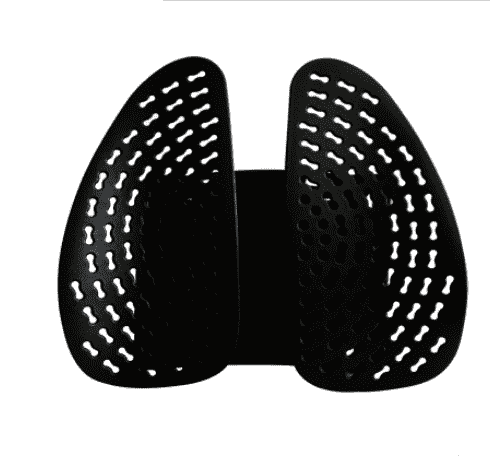
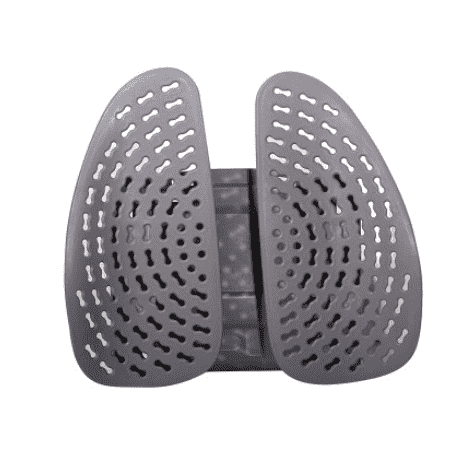
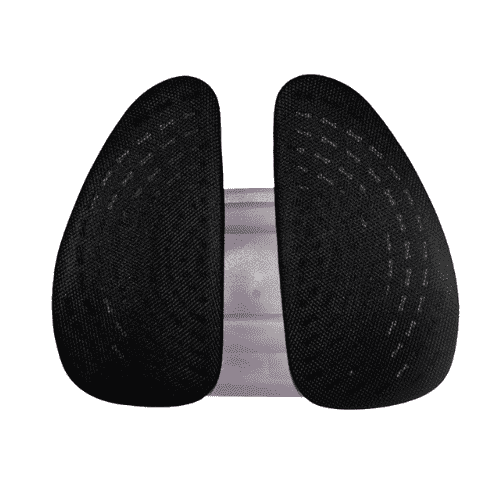
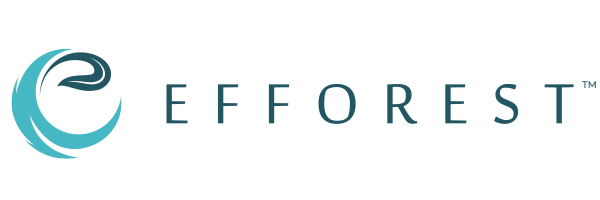


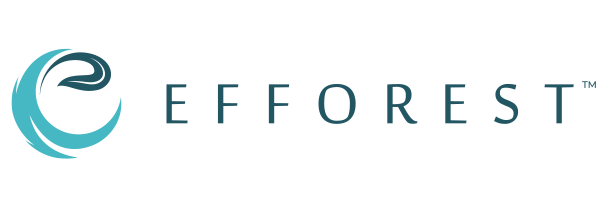
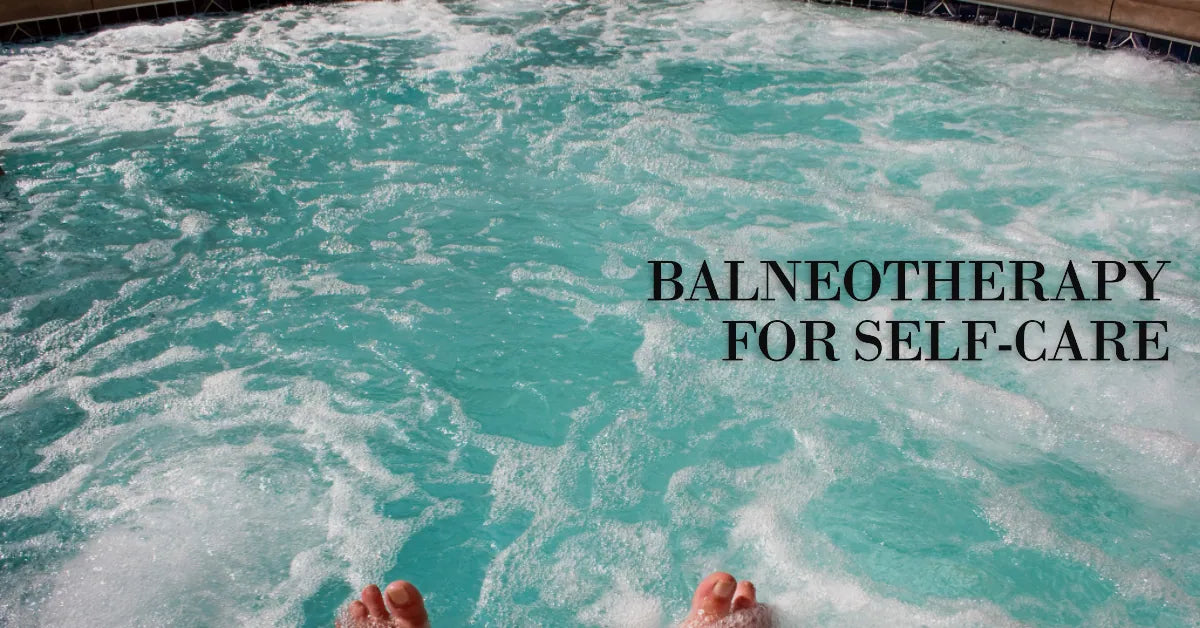
Share and get 15% off!
Simply share this product on one of the following social networks and you will unlock 15% off!